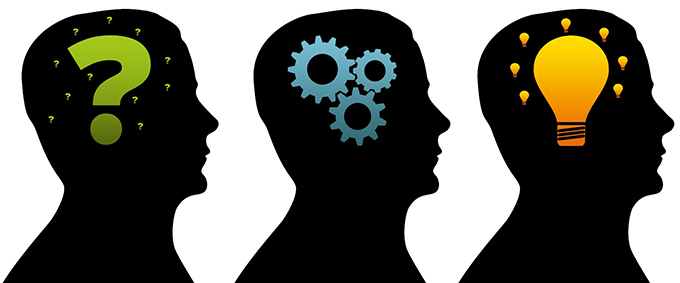
The professional comparison between medicine and teaching is frequent, since both are professions that share some traits in common. The most prominent of them all is that they are neither theoretical disciplines nor applied science. They are practical, clinical in medicine and educational in teaching, which aim to respond to a human need that always arises individually and in a specific situation: health and education.
Both needs constitute the most precious assets to protect and promote in a society that is said to be of well-being , at the same time as fair. We can understand, then, the decisive role that both professions have for the sustainability and development of our society .
It has been more than four decades since medicine took an approach to its activity based on the available evidence that has led to an exponential growth in available medical knowledge. At the same time, it has allowed the development of clinical practices tested and contrasted with significant samples of patients and supported by research carried out by the doctors themselves.
The teaching profession, however, has not yet taken this approach that makes the profession a creator of educational knowledge. This is articulated by establishing a body of experimentally proven educational practices , with adequate samples of students and educational centers and contrasted with the available scientific research.
Teachers’ observation and reflection
Evidence-based educational practice constitutes a complex and cooperative dynamic between two sources of knowledge. On the one hand, direct observation and reflection that teachers carry out about their practice. On the other hand, the available evidence that comes from those fields of scientific research dedicated to the description and explanation of the educational phenomenon that can range from cognitive psychology to school sociology.
Thanks to scientific research, teachers can increase their reflective capacity and find criteria that allow them to better decide on methodologies, the relationship with their students or the management of the school. At the same time, scientific research collects the observation and reflection of teachers on their practice as one of the privileged sources to define the appropriate scientific questions and to obtain the data that justify their future conclusions.
The explosion of educational innovation
That this description refers to the reality of teaching practice is still a distant desideratum. In the last decade we have witnessed an emergence of educational innovation , almost always understood from the models of disruptive innovation that come from technology companies , which have proliferated various methodologies, such as the Flipped Classroom or Project-based Learning , which they call themselves active and have more seniority than is suspected.
Effective methodologies?
Such methodologies have been implemented in many centers without an adequate plan for subsequent monitoring and evaluation. To reinforce this innovative drive, support has been sought in theories of intelligence, such as Gardner’s famous theory of multiple intelligences or even in neuroscience, spreading neuromyths on the brain and learning.
In recent years, education has been subjected to the sway of educational fashions that were not accompanied by evidence about its effectiveness or scientific research that supported, with evidence, the theories that quickly wanted to become educational proposals.
Many teachers have attended in awe at this celebration of innovation in which a guest has been missing: educational knowledge that comes from scientific research and thoughtful teaching practice. However, a growing awareness is developing from the professional and scientific field regarding the need to take more determined steps towards an educational practice informed by the available evidence.
Evidence in political decisions
And not only the evidence must reach the classrooms, it must also be present in the centers of political decision, colonized in our country for too long for interests, not ideological, but directly electoral.
However, the evidences and tests do not solve all the questions that education has raised, nor do they in the medical field. Without scientifically proven knowledge it is not possible to perform adequately as a teacher and, therefore, we put at risk the present and future of our students’ learning, but only with this knowledge we do not give adequate answers to the questions, also decisive for educational practice, about the aims of education, the values and the contents that must be taught and learned.
Daniel Willingham , one of the promoters of an evidence-based education, makes this very clear in many of his publications. The teaching profession needs evidence to do its job better and not to be seduced by educational fads of doubtful effectiveness and questionable financial and personal cost.
The current school situation caused by COVID 19 further highlights this need to have the best possible knowledge and for teachers to also share the fruit of their observation and reflection on practice.
Author Bio: Jorge Úbeda Gómez is Associate Professor of Philosophy and Education at Complutense University of Madrid
